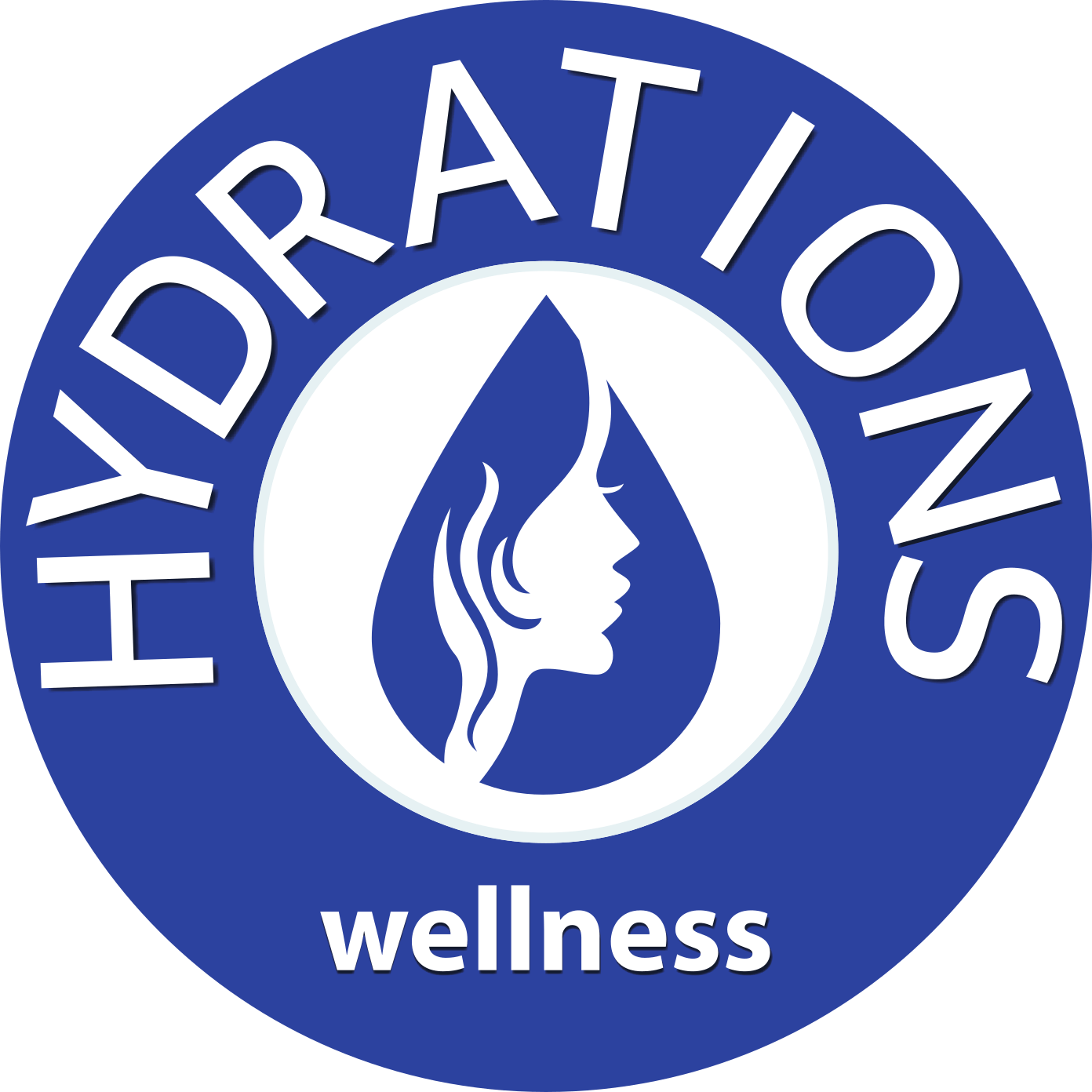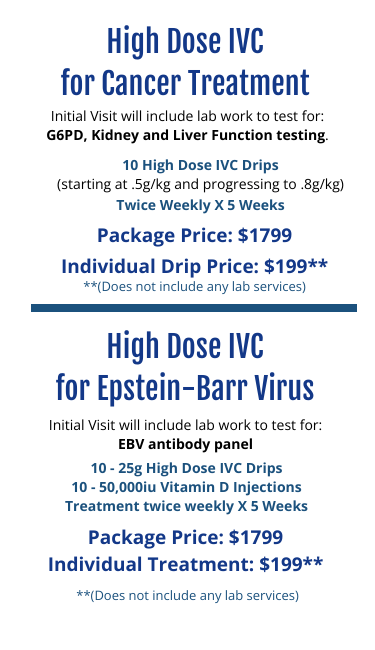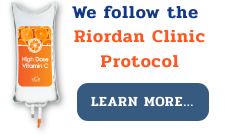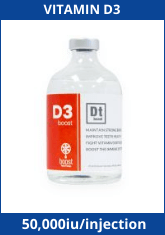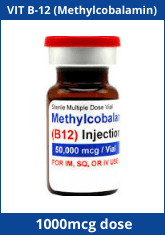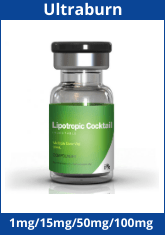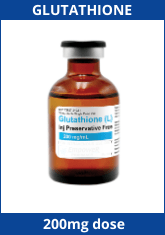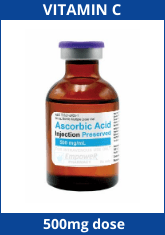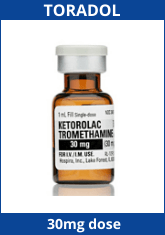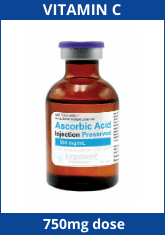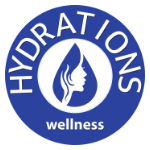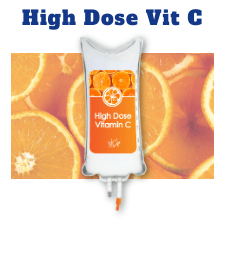
It might surprise you to learn that cancer cells are actually quite fragile. They can be killed with changes in pH (or acidity) or with the addition of oxidative stressors to the cells. The intravenous administration of Vitamin C (Ascorbic Acid) at high doses has proven to result in cancer cell death.
High doses of Ascorbic Acid interact with iron and other metals in the blood to create hydrogen peroxide. Subsequently, these high concentrations of hydrogen peroxide damage the DNA of cancer cells, shut down their energy supply and the cancer cells die. Best of all, Vitamin C selectively kills only cancer cells – no matter how high the concentration is, Vitamin C does not harm healthy cells.
The only effective method to get levels of Vitamin C to the concentrations required to kill cancer cells is to receive it intravenously. Trying to achieve the same result with Oral Vitamin C is not only nearly impossible, but will result in noticeable GI upset.
During this treatment, ascorbic acid enters your body through a small tube inserted into a vein in your arm.
There are several potential benefits to giving IVC to cancer patients that make it an ideal adjunctive care choice:
- Cancer patients are often depleted of vitamin C, and IVC provides an efficient means of restoring tissue reserves.
- IVC has been shown to improve quality of life in cancer patients by a variety of metrics.
- IVC reduces inflammation (as measured by C-reactive protein levels) and reduces the production of pro-inflammatory cytokines.
- At high concentrations, ascorbate is preferentially toxic to tumor cells but not normal cells and is the tumor blood vessels’ formation inhibitor
The Epstein-Barr virus (EBV)
EBV is a member of the herpes family that targets lymphocytes and epithelial cells. It binds to B-lymphocytes via the CD21 cell surface protein, and establishes life-long persistence in memory B-cells. While the infection is usually benign, it can in some cases lead to acute infectious mononucleosis and can impair the immune system. EBV is linked to several malignancies, including Burkett’s lymphoma, post-transplant lymph-proliferative disease, Hodgkin’s disease, and several autoimmune diseases.
Clinical analysis suggests the following:
- High dose intravenous vitamin C therapy has a positive effect on disease duration and reduction of viral antibody levels.
- Plasma levels of ascorbic acid and vitamin D correlated with levels of antibodies to EBV.
- There is an inverse correlation between EBV VCA IgM and vitamin C in plasma in patients with mononucleosis and CFS, meaning that patients with high levels of vitamin C tended to have lower levels of antigens in the acute state of disease.
- The relation was found between vitamin D levels and EBV EA IgG with lower levels of EBV early antigen IgG for higher levels of vitamin D.
- Clinical studies of ascorbic acid and EBV infection showed the reduction in EBV EA IgG and EBV VCA IgM antibody levels over time during IVC therapy that is consistent with observations from the literature that millimolar levels of ascorbate hinder viral infection and replication in vitro.
